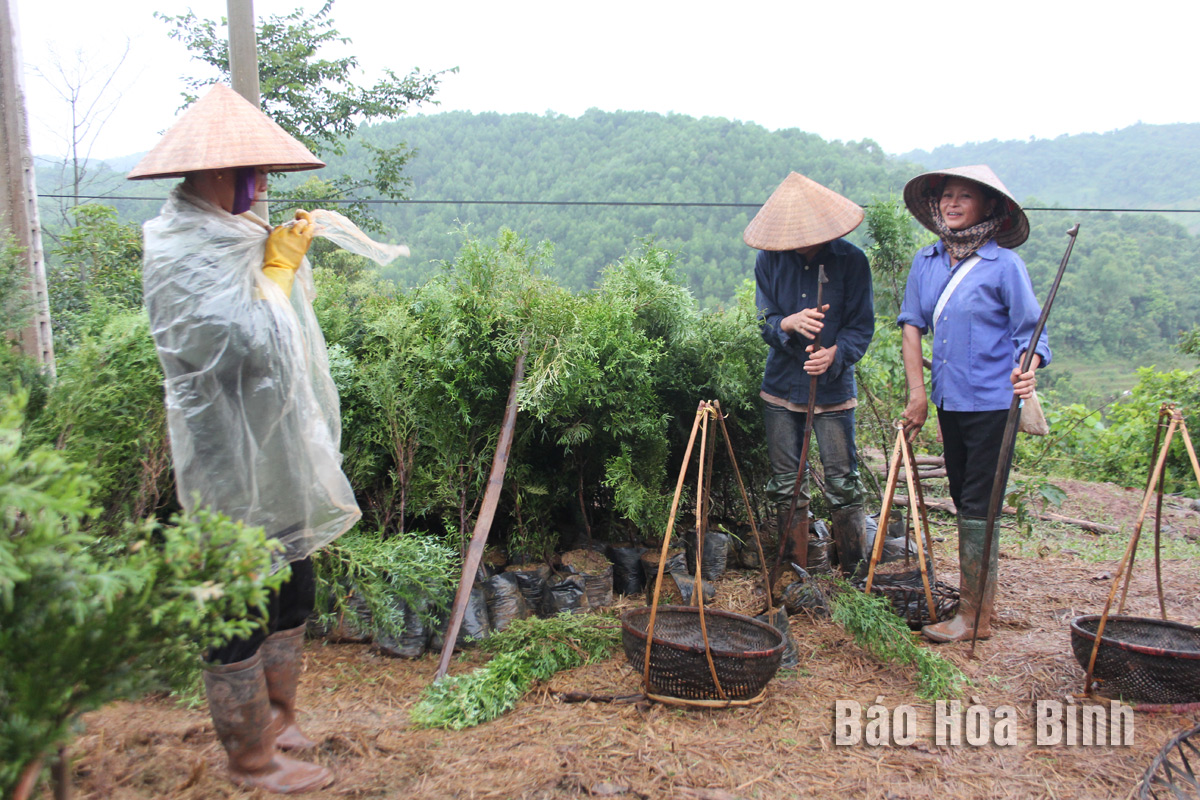



The province has been restructuring its production forests by widely cultivating fast-growing, high-yield tree species such as acacia, eucalyptus, chukrasia, beechwood, bamboo, and styrax.
Forest carbon credits are generated through initiatives aimed at reducing greenhouse gas emissions, including measures to curb deforestation and forest degradation, and to boost afforestation, reforestation, vegetation restoration, and forest management.
Forest owners can quantify the amount of CO2 absorbed by their managed and protected forests, convert it into carbon credits, and trade these credits on the carbon market under emission reduction mechanisms.
The development of a forest carbon market aligns with national targets such as planting one billion trees from 2021 to 2025 and achieving net-zero emissions by 2050. Moreover, it encourages local communities to shift away from activities harmful to forests and take a more active role in conservation efforts, thereby promoting sustainable economic development.
In recent years, the province has been implementing synchronised policies from both central and local levels. The province has provided incentives and support for enterprises investing in processed timber production, established forestry cooperatives, and encouraged joint ventures, land consolidation, and capital contributions using forest land-use rights to create large-scale production areas.
However, it is important to recognise that the ability to sell forest carbon credits depends on meeting established certification standards rather than merely possessing forests. Compliance with commitments, including verified emission reductions, is required.
Moreover, they contribute to sustainable livelihoods for local communities, ensuring socio-economic stability closely linked to forest ecosystems.